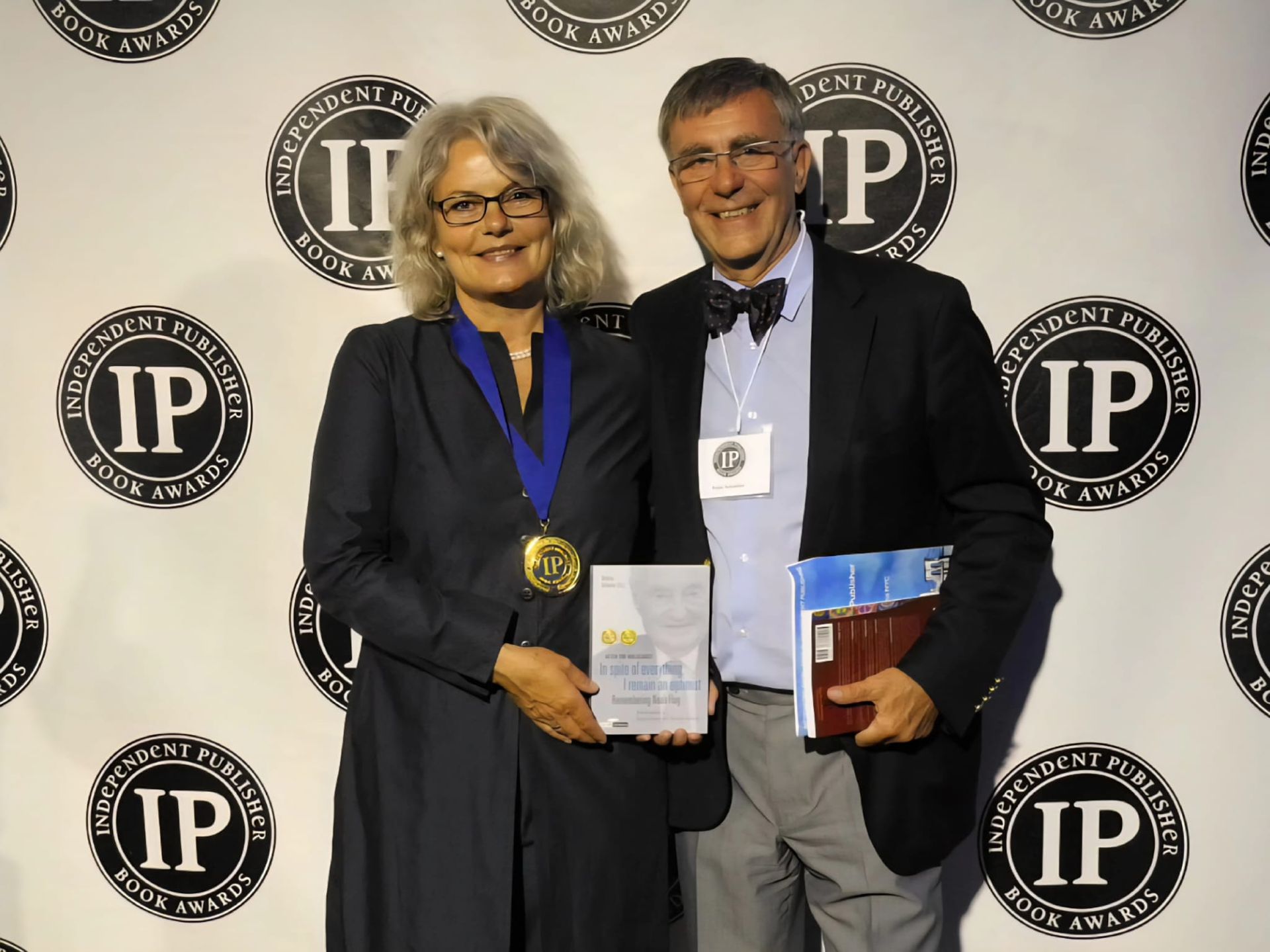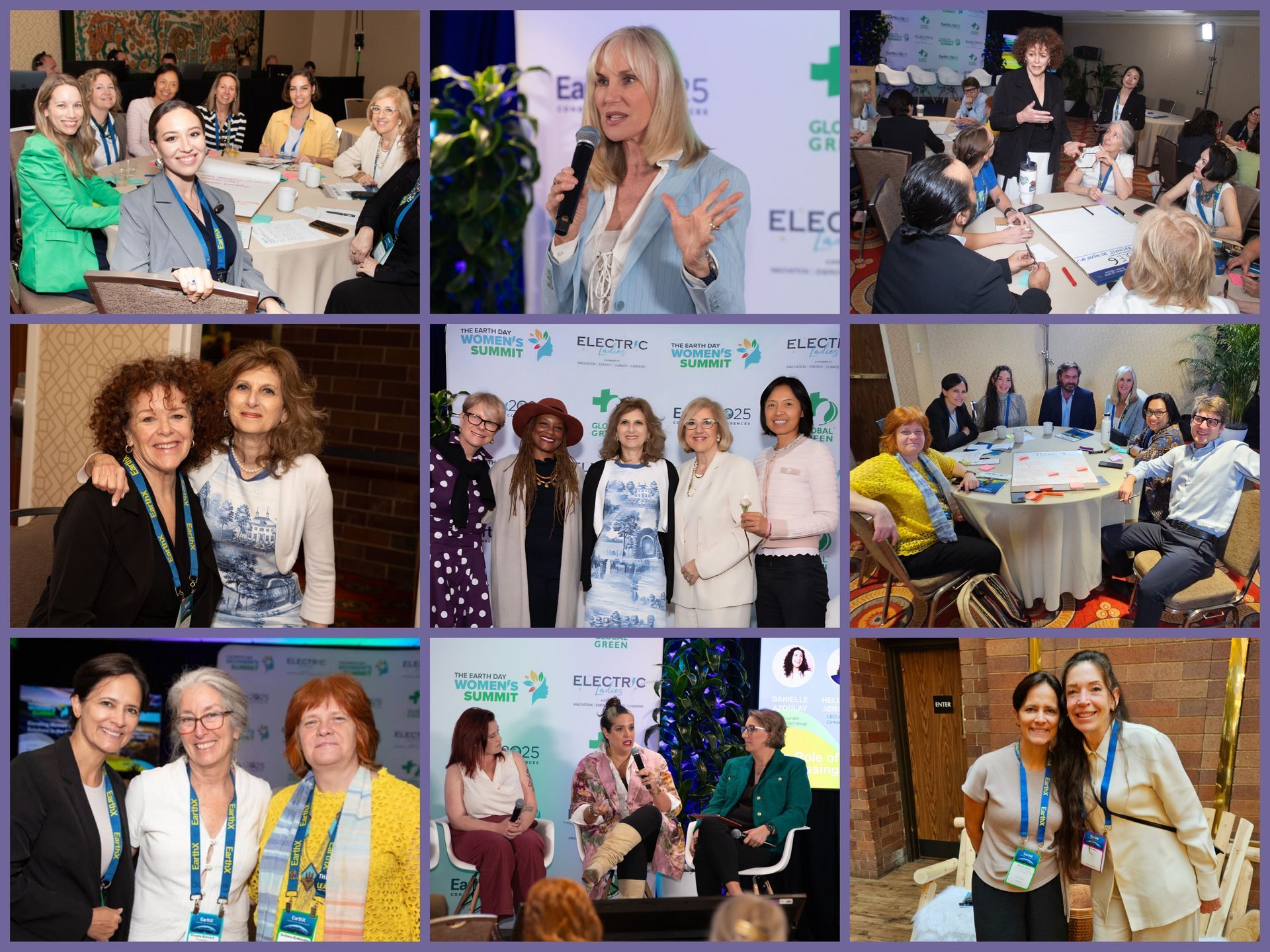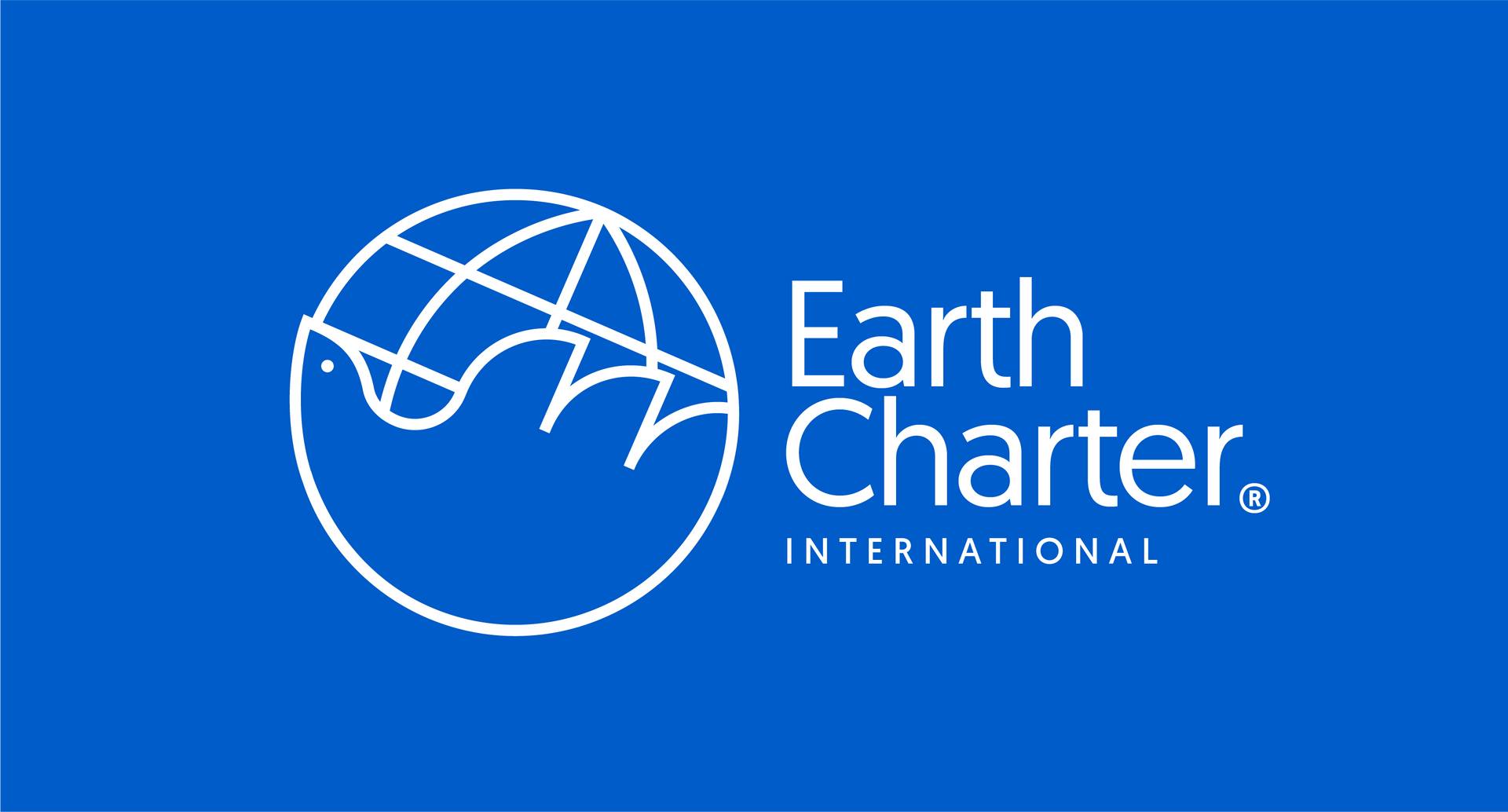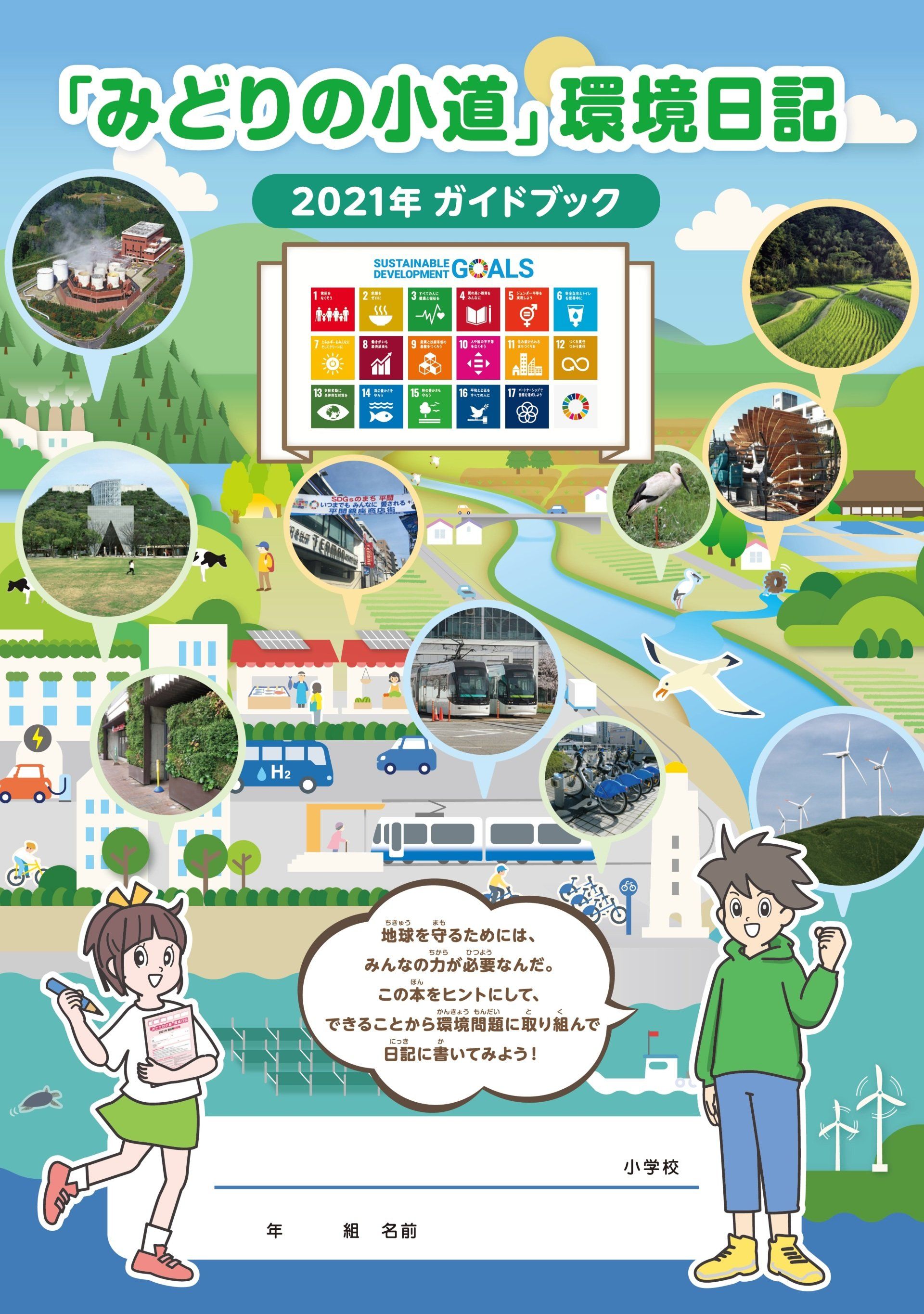Green Cross at 20th Anniversary Commemoration of Chemical Weapons Convention
GCI Office • May 1, 2017
Green Cross at 20th Anniversary Commemoration of Chemical Weapons Convention
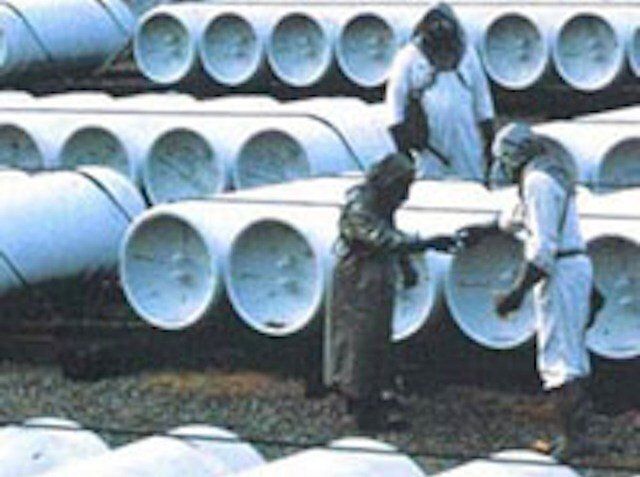
OPCW Director General Uzumcu, in welcoming all participants, noted the “noble aims of the Convention” and called on all “to rededicate ourselves to peace, security and progress, …the abiding objectives of the Chemical Weapons Convention and the essence of all our endeavors at the OPCW.” Uzumcu paid homage to the many victims of chemical weapons attacks over the past century, including those present at the ceremony, and noted that “[t]hey remind us of the human toll when morality is recklessly abandoned and universal norms callously breached.”
United Nations Secretary General Antonio Guterres, Dutch Minister of Foreign Affairs Bert Koenders, Crown Princess Victoria of Sweden, Mayor of The Hague Pauline Krikke, and Chairperson of the CWC Conference of States Parties Christoph Israng all spoke of the vital importance of the CWC to global peace, security, and sustainability. This is even more important today, with the recent use of chemical weapons in Syria and Iraq, the assassination of Kim Jong-nam in Malaysia with VX nerve agent, and four remaining countries – Egypt, Israel, North Korea, and South Sudan – which have still not joined the Convention.
Green Cross’ Paul Walker stated: “Green Cross is honored to participate in this historic commemoration of the Chemical Weapons Convention and to note that over 95 per cent of the world’s declared chemical weapons stockpiles – 72,304 metric tons of deadly chemical agents in millions of proliferation-prone weapons – has now been safely destroyed under on-going OPCW on-site verification. The CWC is an excellent model of multilateral cooperation to ban and safely abolish, under the OPCW’s watchful eye, a whole class of weapons of mass destruction. Much can be learned here for our efforts to likewise verifiably ban both nuclear and biological weapons.”
The Chemical Weapons Convention was opened for signature in 1993 and entered into force on April 29, 1997 with 84 States Parties. Declared chemical weapons stockpiles have been verifiably destroyed in Albania, India, Libya, South Korea, and Syria; the two largest stockpiles in the United States (28,600 MTs) and Russia (40,000 MTs) will be fully destroyed by 2023 and 2020 respectively, and two large sealed bunkers with chemical detritus from Saddam Hussein’s old chemical arsenal in Iraq are being evaluated. Serious questions remain still about Syria’s 2013 stockpile declaration to the OPCW and the recent use of both chlorine and sarin in Syria.
For more detail on the 20th anniversary commemoration in The Hague, including photos and Director-General Ahmet Uzumcu’s speech, see https://www.opcw.org/news/article/opcw-marks-its-20th-anniversary-with-solemn-commemorative-ceremony/. For comprehensive information on the Chemical Weapons Convention, see https://www.opcw.org/chemical-weapons-convention/.The Organization for the Prohibition of Chemical Weapons (OPCW) organized a solemn commemoration of the Chemical Weapons Convention (CWC) to recognize the first two decades since the 1997 entry into force of the global abolition treaty. Green Cross International’s director of environmental security and sustainability, Dr. Paul F. Walker, was invited by OPCW Director General Ahmet Uzumcu to participate in the ceremonies in the Dutch Binnenhof “Hall of Knights,” on behalf of civil society and the CWC Coalition. He was one of 450 dignitaries joining the historic event, which also included representatives of the 192 States Parties to the CWC, the City of The Hague, the Dutch Ministry of Foreign Affairs, the United Nations, civil society, and chemical industries.
OPCW Director General Uzumcu, in welcoming all participants, noted the “noble aims of the Convention” and called on all “to rededicate ourselves to peace, security and progress, …the abiding objectives of the Chemical Weapons Convention and the essence of all our endeavors at the OPCW.” Uzumcu paid homage to the many victims of chemical weapons attacks over the past century, including those present at the ceremony, and noted that “[t]hey remind us of the human toll when morality is recklessly abandoned and universal norms callously breached.”
United Nations Secretary General Antonio Guterres, Dutch Minister of Foreign Affairs Bert Koenders, Crown Princess Victoria of Sweden, Mayor of The Hague Pauline Krikke, and Chairperson of the CWC Conference of States Parties Christoph Israng all spoke of the vital importance of the CWC to global peace, security, and sustainability. This is even more important today, with the recent use of chemical weapons in Syria and Iraq, the assassination of Kim Jong-nam in Malaysia with VX nerve agent, and four remaining countries – Egypt, Israel, North Korea, and South Sudan – which have still not joined the Convention.
Green Cross’ Paul Walker stated: “Green Cross is honored to participate in this historic commemoration of the Chemical Weapons Convention and to note that over 95 per cent of the world’s declared chemical weapons stockpiles – 72,304 metric tons of deadly chemical agents in millions of proliferation-prone weapons – has now been safely destroyed under on-going OPCW on-site verification. The CWC is an excellent model of multilateral cooperation to ban and safely abolish, under the OPCW’s watchful eye, a whole class of weapons of mass destruction. Much can be learned here for our efforts to likewise verifiably ban both nuclear and biological weapons.”
The Chemical Weapons Convention was opened for signature in 1993 and entered into force on April 29, 1997 with 84 States Parties. Declared chemical weapons stockpiles have been verifiably destroyed in Albania, India, Libya, South Korea, and Syria; the two largest stockpiles in the United States (28,600 MTs) and Russia (40,000 MTs) will be fully destroyed by 2023 and 2020 respectively, and two large sealed bunkers with chemical detritus from Saddam Hussein’s old chemical arsenal in Iraq are being evaluated. Serious questions remain still about Syria’s 2013 stockpile declaration to the OPCW and the recent use of both chlorine and sarin in Syria.
For more detail on the 20th anniversary commemoration in The Hague, including photos and Director-General Ahmet Uzumcu’s speech, see https://www.opcw.org/news/article/opcw-marks-its-20th-anniversary-with-solemn-commemorative-ceremony/. For comprehensive information on the Chemical Weapons Convention, see https://www.opcw.org/chemical-weapons-convention/.

One of Europe's biggest freshwater lakes. VÄTTERN BELOW THE SURFACE (Documentary 2020) Lake Vättern Below the Surface This documentary brings forth new perspective of Swedish water management. This film is an example of how water management can be risking human health and water quality, not only in Sweden but in countries worldwide. The problem is most of the countries in the western world does not have a functioning water management, nor do they have field personnel or fully employed environmental diving inspectors checking the ecosystem below the surface. Eurofins, a major company in Europe testing for different toxins and substances, can today only provide data on approximately 300 substances. From a average sewer plant there can be an outlet of some 10 000 to a 100 000 chemicals. We cannot see chemicals, but we can see the effects when we dive. What we see are dead ecosystems at the bottom of lakes with algal blooms containing toxic cyanobacteria as a result of chemical discharge. These cyanotoxins are today linked with human diseases such as ALS, Alzheimer's and Parkinson, to name a few. The problem is we don't really know how many toxins there are in our drinking water, or in the food we eat. The film Lake Vättern Below the Surface documents this issue. The international community must begin to reevaluate how we are going to solve this problem. After you view this film some things to consider and discuss are the following topics below. These challenges we now see can easily be solved in a first stage. What is needed is to assess the level of toxic discharge there is in national water systems. We need to begin by digitizing all outlets and create an overview map of the difference in toxins found in the water systems. Then an overall plan can be tailormade made for the infrastructure in country and for the local communities. A common sense example is that placing heavy industrial complexes upstream freshwater lakes which are utilized for drinking water is not a good idea. Sweden has already solved the first stage and created a database showing the direction all water flow in the country, meaning the surface water and most of the groundwater. If a lorry with toxic cargo tips over we can follow the contamination downstream in the database and see how it affects the water system. What the country of Swedish has not realized is that we have laid the foundation for a much bigger database. Within this system we have the possibility to register the toxic discharge that is currently approved by the government. We can for example register into the database the estimated 6,000 covered dumping sites currently leaking toxic wastewater, as well as our thousands of sewer plants, industrial outlets, and the dumping locations of munition materials by Armed Forces. This can be done to provide an overview to assess the impact of the chemical outlets to our water systems. The governments have the necessary data to make this happen. This can be an effective tool to control and stop to sensitive ecosystems and keep our citizens and future generations safe. The next two steps involve diving and field personnel to survey the water systems and assess the state of ecosystems below the surface, in each country. Most important is to begin researching the methods for sampling the thousands of chemicals in our water. If we do not stop the dissemination of toxic chemicals today it could take years into the future before we solve what will become an even greater challenge to provide clean water, which is safe to drink. We need to know what our water contains to keep people, animals and the ecosystem out of harm's way. Water security will also be a major challenge for governments worldwide with the challenge of climate change. Green Cross Sweden, together with Green Cross international, are in talks with the water researchers behind this film to create a pilot studies in several countries that can address this issue or water management internationally on an global scale. Together we can change the world towards a sustainable future. - Andreas Vos Board Member, Green Cross Sweden
